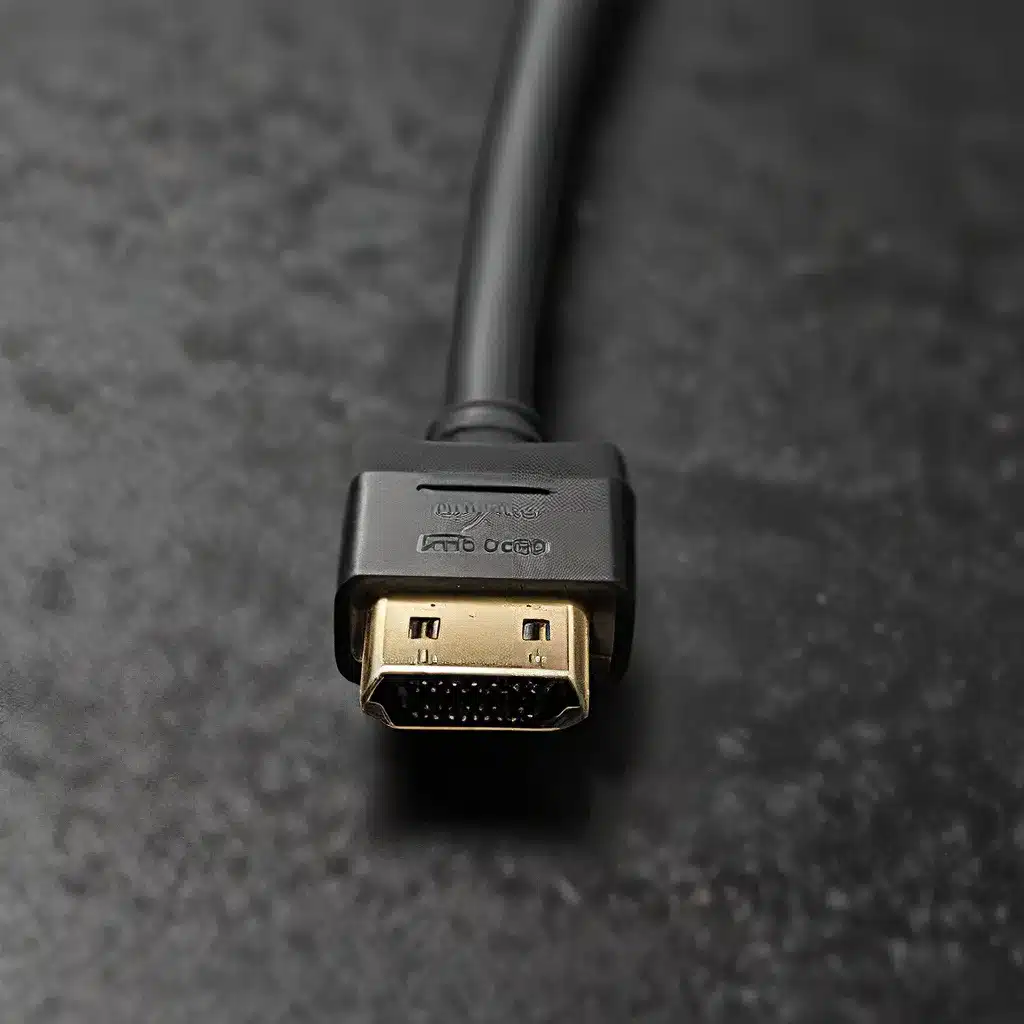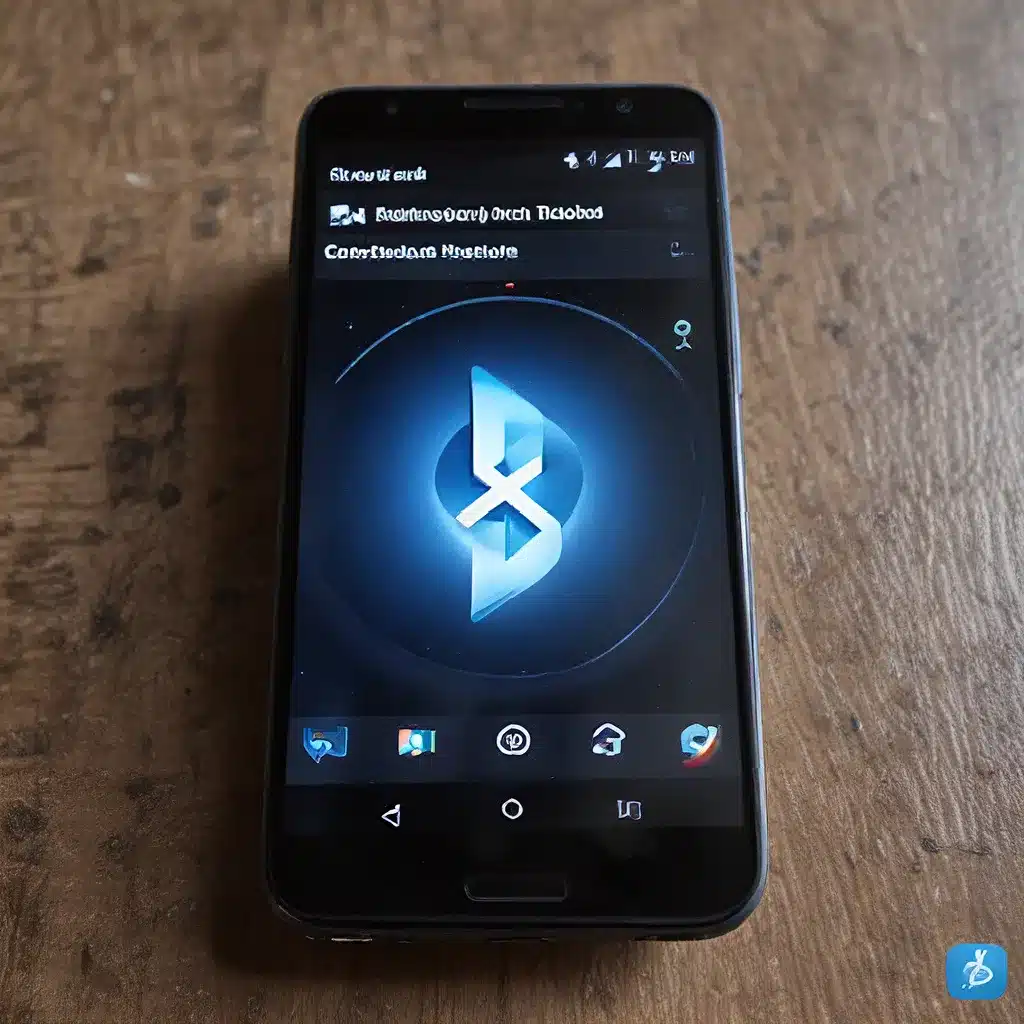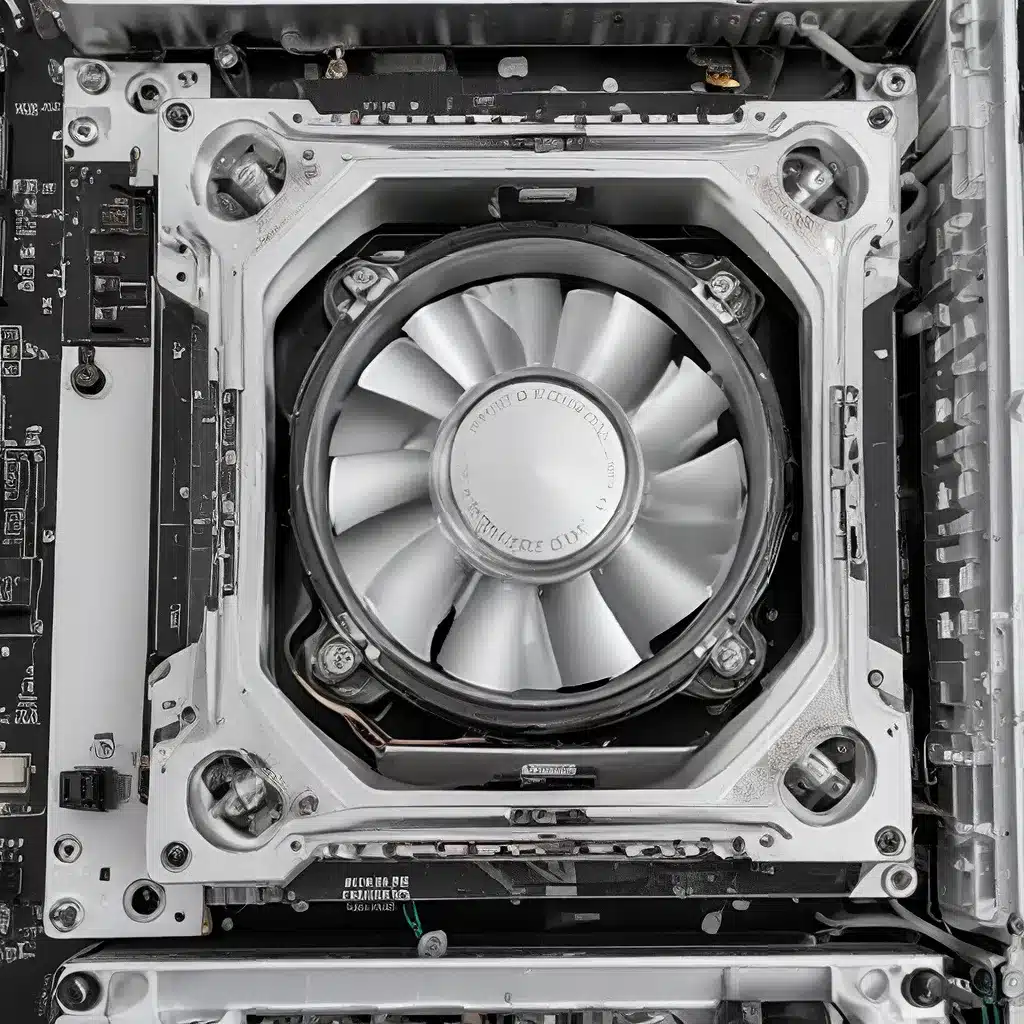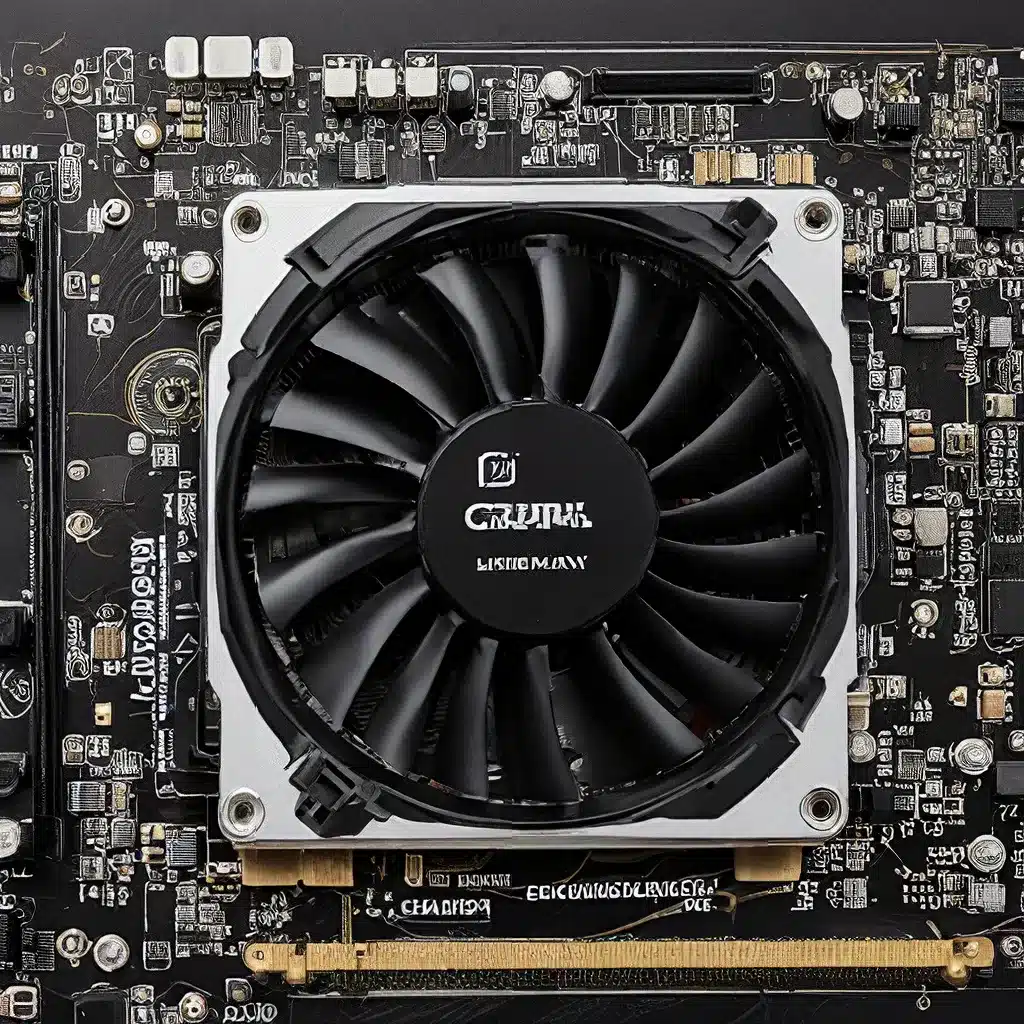Does Your New Computer Really Need Antivirus Software?
Do you remember the days when every new computer came bundled with an antivirus software trial? And how we’d all dutifully renew our subscriptions year after year, convinced it was the only way to keep our precious data safe? Well, my friend, those days are long gone.
It turns out, the great antivirus software debate has shifted dramatically in recent years. After spending over a decade working in the cybersecurity field, my own dad, Butch, was still paying $60 a year for Norton protection on his home computer. When I called him out on it, he confessed he had no idea those safeguards were now mostly obsolete. [1]
Turns out, Butch isn’t the only one stuck in the past. A recent survey found that a staggering 45 million US households are still forking over cash for antivirus software. [2] And the older you are, the more likely you are to be among that number. But as a cybersecurity expert, I’m here to tell you that in 2023, for the average computer user, those annual fees are largely a waste of money.
The Changing Tides of Computer Viruses
Let me take you back in time for a moment. In the early days of personal computing, Windows machines were notoriously vulnerable to nasty computer viruses. Antivirus software was an essential purchase, regularly saving hapless users from catastrophic data loss. [3]
But fast forward to today, and the landscape has shifted dramatically. Microsoft’s built-in Windows Defender has become a powerhouse, regularly earning top marks from independent testing labs. [4] And it’s not just Windows – even Apple’s macOS, once thought to be virus-proof, now comes equipped with robust anti-malware tools like XProtect and Gatekeeper. [5]
So why do so many people still feel the need to pay for extra protection? Well, it turns out the antivirus industry has done a pretty good job of perpetuating the myth of their own necessity. [6] Those free trials bundled with new computers? Yep, that’s a carefully orchestrated strategy to keep us all hooked.
The Modern Cyber Threats You Should Actually Worry About
But here’s the kicker – while traditional computer viruses are still out there, they’re no longer the biggest threat most of us face. Nowadays, the real danger lies in more sophisticated attacks targeted at our personal accounts and online identities. [7]
Think about it – when was the last time your antivirus software actually caught a virus on your machine? Chances are, it’s been years. Instead, the more pressing concerns are things like phishing scams, password breaches, and identity theft. And for those threats, traditional antivirus software is about as useful as a paper shield. [8]
So what should you be doing to stay secure in 2023? Ditch the annual antivirus subscriptions and focus on building robust digital hygiene habits. Use unique, complex passphrases for all your accounts, enable two-factor authentication everywhere you can, and make regular backups of your important data. These simple steps will go a lot further in protecting you than any paid antivirus program.
The Surprising Benefits of Going Antivirus-Free
Now, I know what you’re thinking – without antivirus software, won’t my computer be a sitting duck for all the nasties out there? Well, not exactly. In fact, going antivirus-free can actually have some unexpected benefits.
For starters, you’ll save a ton of money. Those Norton, McAfee, and Kaspersky subscriptions can easily set you back $50 or more per year. Multiply that over the lifetime of your computer, and you’re talking hundreds of dollars that could be put to better use. [4]
But the real kicker? You’ll also free up valuable system resources. Antivirus suites are notorious resource hogs, slowing down your computer’s performance and draining your battery life. By ditching them, you’ll enjoy a noticeable boost in speed and efficiency. [6]
So Should You Ditch Antivirus Software Altogether?
Now, I know what you’re thinking – if traditional antivirus is so passé, does that mean I can just throw caution to the wind and surf the web without a care in the world? Absolutely not. While the modern cyberthreat landscape has evolved, that doesn’t mean you can afford to be complacent.
The truth is, a little extra protection still goes a long way. I’d recommend pairing Windows Defender or macOS’ built-in safeguards with a lightweight, free malware scanner like Malwarebytes. That way, you get an extra set of eyes keeping watch without bogging down your system. [4]
And if you’re the type who likes to have a comprehensive security suite, there are still some premium antivirus options worth considering. The key is to focus on the features that actually matter – things like password management, dark web monitoring, and identity theft protection. Just be wary of the bloatware that can come with these all-in-one packages. [4]
At the end of the day, the choice is yours. But if you’re looking to streamline your digital defenses and free up some extra cash, ditching that annual antivirus subscription might be the way to go. With a little common sense and a few simple security habits, you can keep your new computer humming along safely and securely – without breaking the bank.













